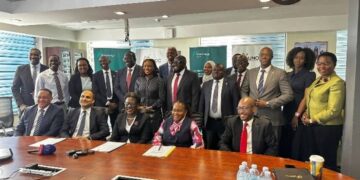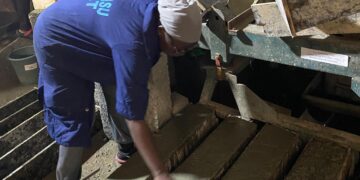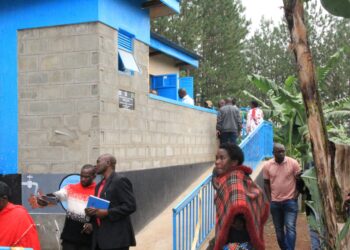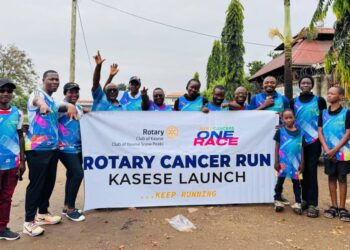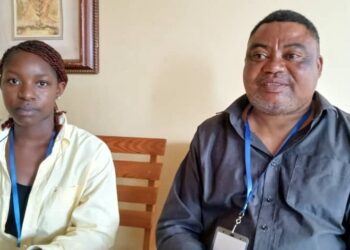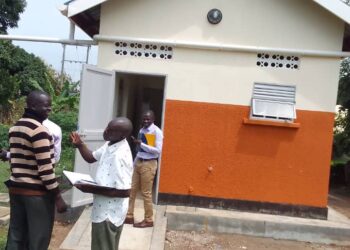JINJA CITY
The Korea Foundation for International Healthcare (KOFIH) has announced the launch of a major water, sanitation and hygiene (WASH) initiative in Busoga sub-region, commissioning new infrastructure and breaking ground for fresh construction aimed at tackling persistent hygiene and sanitation challenges.
The three-day programme, which runs from August 24 to 27 in Iganga and Jinja districts, will see the official launch of KO-Z1-EduON, a digital education tool designed to promote hygiene awareness in schools and communities. It will also feature the handover of new hand washing facilities, water purification filters, and a water tank system, alongside the start of toilet construction at Bunyiio Primary School.
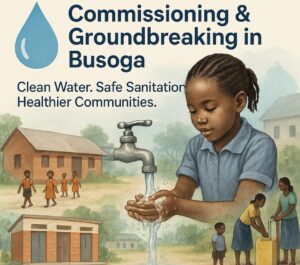
The interventions according to KOFIH officials follow a baseline survey that assessed WASH conditions in the region. The survey revealed critical gaps in sanitation infrastructure and hygiene practices, prompting targeted interventions to reinforce health education and promote behavioural change.
“The goal is not just to build facilities but to empower schools, hospitals and households with the knowledge and tools needed to sustain better hygiene,” KOFIH Officials noted.
Under the programme, Mpumudde Estates Primary School in Jinja City has received hand washing stations and water purification systems, while Iganga General Hospital and Nakalama Town Board have also benefited from new WASH installations. A water tank extension project at Bulubandi A Central Village is also underway.
“Additionally, the selection process for the contractor to execute toilet construction at Bunyiio Primary School and the installation of a water tank system at Bulubandi A Central has been completed,” KOFIH statement read in parts.
The initiative further includes hospital-led, school-led and community-driven awareness campaigns across Jinja and Iganga. Policy makers, WASH experts and local leaders are scheduled to meet at Jinja City Hall on Tuesday (August 26) to validate survey findings and explore potential partnerships to sustain the interventions.
See Full Program

KOFIH officials say the expected outcomes include improved hygiene practices in schools, validated data to guide future WASH interventions, and enhanced community confidence in sanitation systems.
With inadequate sanitation and unsafe water supply still linked to preventable diseases in the region, authorities believe the project could be a turning point in Busoga’s public health outlook.
















